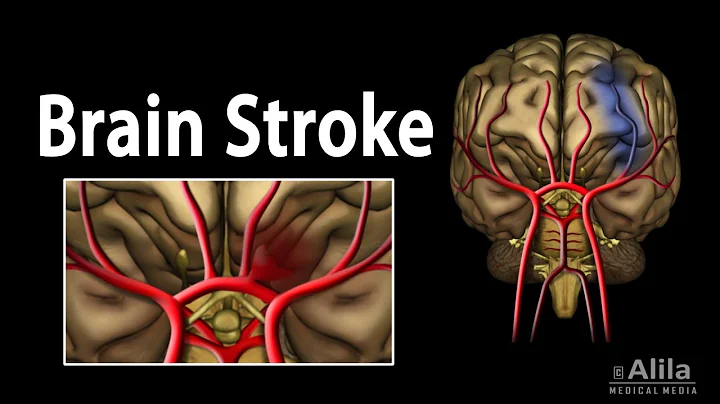
The interventional team is performing emergency interventional thrombectomy surgery on the elderly.
Wuhan Evening News (Reporter Liu Xuan, Correspondent Luo Yao) A 70-year-old man suffered a sudden stroke. When he went to the hospital, he found out that he stopped taking the medicine without authorization, which caused the blood clots in his heart to break off and run into his brain. He underwent thrombectomy surgery in time, and after implanting a stent, the blocked blood vessels became unblocked. On December 1, the reporter met Mr. Liu who had just completed surgery at the Wuhan Sixth Hospital (Jianghan University Affiliated Hospital). Speaking of the accident, he regretted that he did not listen to the doctor's advice and take medicine and almost lost his life.
Mr. Liu, a 70-year-old man, had his aortic valve replaced, but he stopped taking the medicine without authorization because he thought it was troublesome to take the medicine. The blood clot in his heart fell off and fell into the cerebral blood vessel, causing hemiplegia of his right limb and a sudden stroke. The doctor decisively performed an emergency cerebral artery thrombectomy on him, and after balloon dilation and implantation of a stent, Mr. Liu quickly regained his former energy today. Six months ago, 71-year-old Mr. Liu underwent aortic valve replacement surgery due to aortic valve regurgitation. After the operation, he has been taking medication according to the doctor's instructions and has recovered well. Two weeks ago, the old man thought it was too troublesome to take medicine every day, so he stopped taking anticoagulants without permission. At 9 a.m. on November 30, Mr. Liu was watching TV at home and suddenly felt something was wrong with him: the right side of his body was limp and weak, the corners of his mouth were uncontrollable, and his speech was slurred. His family quickly called 120 and sent him to the nearest hospital in Wuhan City. Hospital.
"The patient was unconscious when he arrived at the hospital, with a heart rate as high as 150 beats/min and a blood oxygen saturation of only 80%." Chen Xiaoqi, director of the first ward of the Department of Neurology, told reporters that after Mr. Liu was admitted to the hospital, he urgently underwent head CT and magnetic resonance imaging. Relevant examinations revealed the diagnosis of acute cerebral infarction. The thrombus blocking the blood vessel must be removed immediately! The hospital quickly opened the green channel of the stroke center and sent him to the interventional room for cerebral artery thrombectomy. During the operation, full cerebral angiography showed occlusion of the left internal carotid artery. Chen Xiaoqi led the interventional team to perform arterial thrombectomy and then performed balloon dilation to implant a stent. Postoperative angiography showed that the carotid artery returned to normal. The next day, Mr. Liu returned to normal, his speech was clear, and he had no sequelae.
Chen Xiaoqi said that Mr. Liu had a cerebral infarction caused by the detachment of blood clots after he stopped taking anticoagulants. He explained that if you suffer from atrial fibrillation or have heart surgery, if you do not take anticoagulants on time, the blood will coagulate in the atrium and form thrombus. This thrombus is not firmly adhered and will fall off if you accidentally fall off. The blood flow "randomly", and the most likely place to fall is the large blood vessels in the brain, causing cerebral embolism .
How to quickly identify stroke ? Everyone can remember the "120 formula": 1 means "check whether the face is symmetrical and whether the corners of the mouth are skewed", 2 means "check whether the two arms are unilaterally weak and cannot be lifted", 0 means "0 (listen) Whether you speak clearly or have difficulty expressing yourself." Chen Xiaoqi reminded that winter is the season when strokes are most common. Elderly people with high blood pressure, hyperlipidemia, diabetes, heart disease, and family history should especially pay attention to the occurrence of cardiovascular and cerebrovascular accidents. They must strictly follow the doctor's instructions and take medication regularly. Once abnormalities occur, , you must go to the hospital as soon as possible.
Source: Wuhan Evening News





















